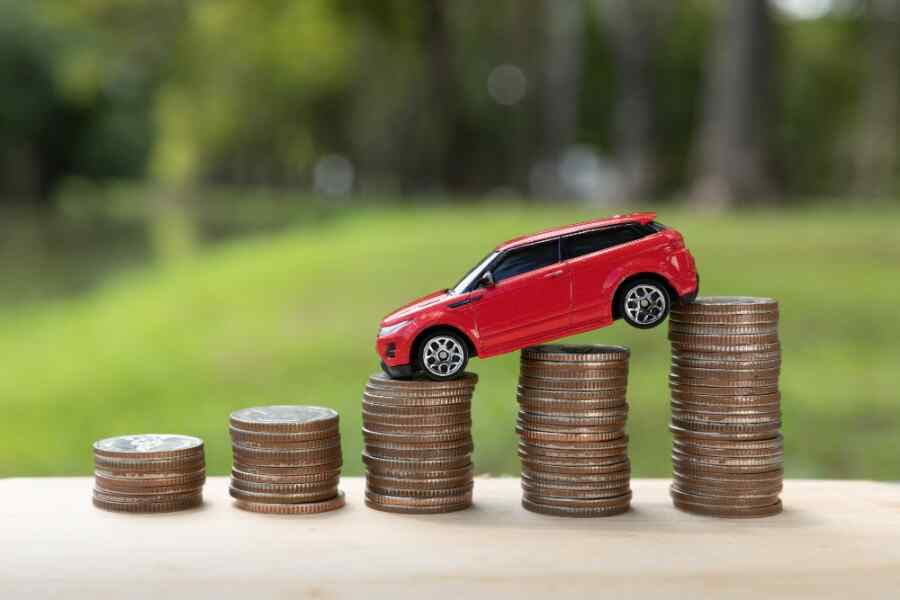UK'S MOST COMPREHENSIVE CAR HISTORY CHECK ONLY £9.99

Depreciation. It’s a complex topic, and not necessarily something that’s easy to understand. Following this, today’s brief guide is taking a quick look into the core principles of depreciation you should know. Hopefully, this will help you decide how to approach the loss of value for your own car-buying efforts.

No one likes to think of their new car losing money. Sadly, though, this is often a reality. In line with this thought, understanding how much depreciation your car is likely to experience is paramount.
Before we go further, we first need to consider what depreciation actually is. Simply, depreciation is an item’s loss of value over time, which can be triggered by factors such as age. In addition, issues such as damage to the car or excessive use will speed up the rate of depreciation.
It’s easy to assume depreciation ought to follow a straight line. Alas, in reality, this often isn’t the case. Instead, the amount of depreciation will fluctuate.
Basic depreciation is generally based on age and usage alone. In this case, the highest proportion of depreciation occurs in the first year; in fact, as soon as the car is purchased and leaves the garage, it will depreciate. After the first year, a loss of around 20-30% of value is not uncommon. In some cases, this could even be as high as 40%. Ouch – that’s thousands on a brand new car.
After the first year, things slow down marginally. However, that’s not to say depreciation stops. In fact, the car’s value will still fall, just slightly more slowly. In accordance with this, within the first few years, your car’s worth will drop by around (or potentially even more than) 50%. That means a car worth £20,000 new will only be worth approximately ten grand after a couple of years. That’s a lot of money to lose just for driving your car around.
Depreciation generally links to the age and use of a car. However, it can increase significantly for cars that have had extreme use or damage. For example, if a car has driven far more than the average number of miles, there’s a higher likelihood of it depreciating significantly. Similarly, if the vehicle is involved in a collision, this will also lower its price.
In line with this thought, if you’re looking to buy a car, checking its vehicle history and the like is paramount to ensure you’re getting a good deal. After all, if the car seems too good to be true, it probably is. Luckily, vehicle history checks can allow you to view information such as MOT history, mileage, and the like. So, you can make a more informed choice and understand how the car’s value has been set.
If you have been looking to buy a new car, understanding depreciation is crucial. However, given the fluctuating nature of the topic, there’s lots to keep in mind, and this may not be easy. Still, considering today’s key points may help with this.